Confessions of a Dyslexic Word Nerd, By Amanda Hosch
October is Dyslexia Awareness Month and this month we’re sharing posts and resources to help us all better understand what dyslexia is and how we can best parent and serve youth with dyslexia. Today we are honored to share a guest post by Amanda Hosch who shares her story of growing up with dyslexia.
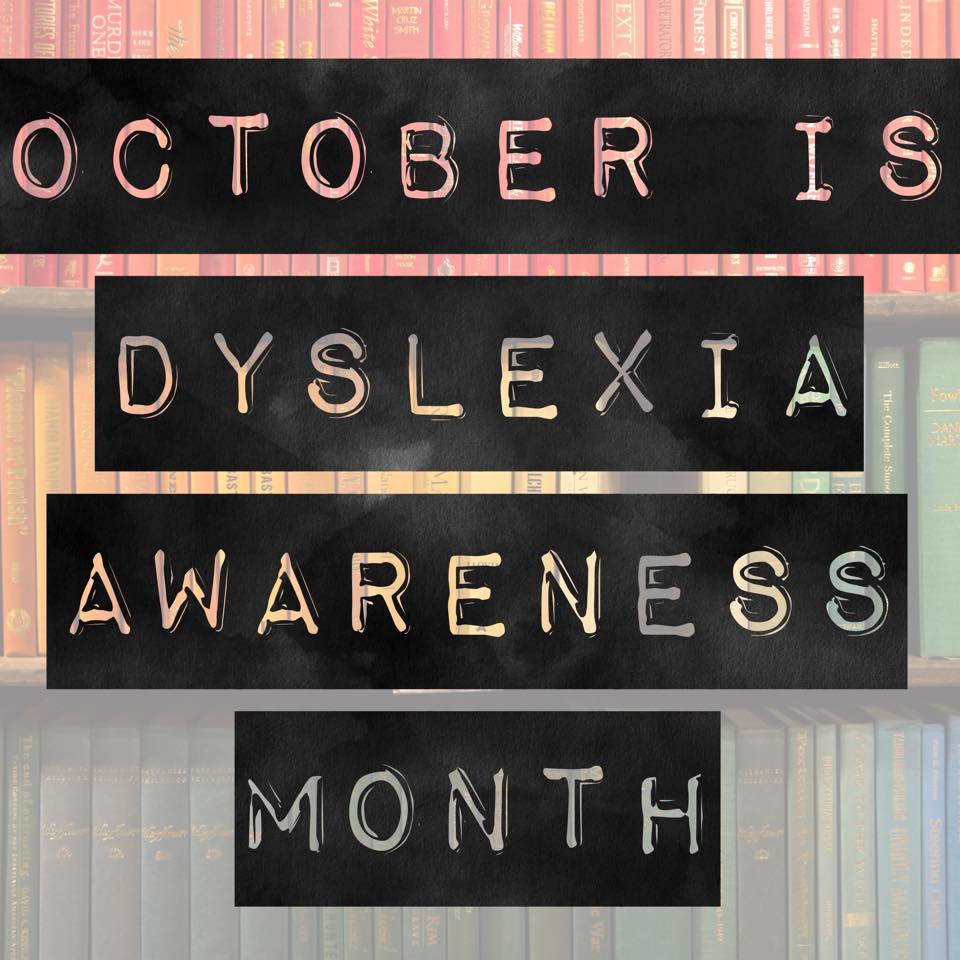
I’m dyslexic.
I’ve learned when to announce this to new colleagues and friends. Too soon, and they tend to doubt me on a myriad of subjects that have nothing to do with spelling. (I can listen to a weather report as well as anyone.) Too late, and I’m met with disbelief and—more than once—arguments about whether or not I actually have dyslexia. (Dude, why would I lie?)
ADVERTISEMENT
ADVERTISEMENT
The beginning of formal schooling in first grade brought frustration and feelings of stupidity. Spelling tests were 20 words of pain and humiliation. It didn’t matter how carefully I read instructions, pesky “n’t” would appear and disappear, like a trickster, ruining my work. The middle of words vanished into thin air. Spaces appeared randomly. Did that word begin a “b” or a “d” or perhaps a “p”? Numbers jumped around. “9” tumbled upside down until it became a “6.” I can still feel the burn of shame on my cheeks when I failed the clock-reading test. I said the wrong number (6 or 9). When the teacher asked if the number was on the clock’s left or right side, I panicked and blurted out an answer. It was wrong, and everyone laughed at me. To this day, I have no idea how anyone innately knows left or right. I believe that most of you do, but I have no clue how. Oh, for those people who say, put your thumbs out at a 90-degree angle and see which one makes an “L.” Hi! Dyslexic here. “L” looks the same as “⅃” to my brain. That “trick” is no help at all, and I may be silently cursing that condescending helpful hint.
Fun side fact: besides regular old dyslexia, I have what’s known as directional or geographic dyslexia. I have no concept of left or right, have very limited spatial awareness, and can get lost a block away from home. Yeah, my older brothers thought that was a hoot.
If I had been left to figure things out on my own or just told to work harder, I would have hated school. Not too long ago, it would have been assumed I was incapable of learning. I’m incredibly fortunate because my mother knew something was wrong with my language processing and actively searched for answers. We were a family of readers and I loved being read to. However, even as a little girl, I wanted to be able to read by myself almost as much as I wanted a cat. When I was an adult, my mother told me that my diagnosis was a relief. My difficulties had a name and she had an action plan.
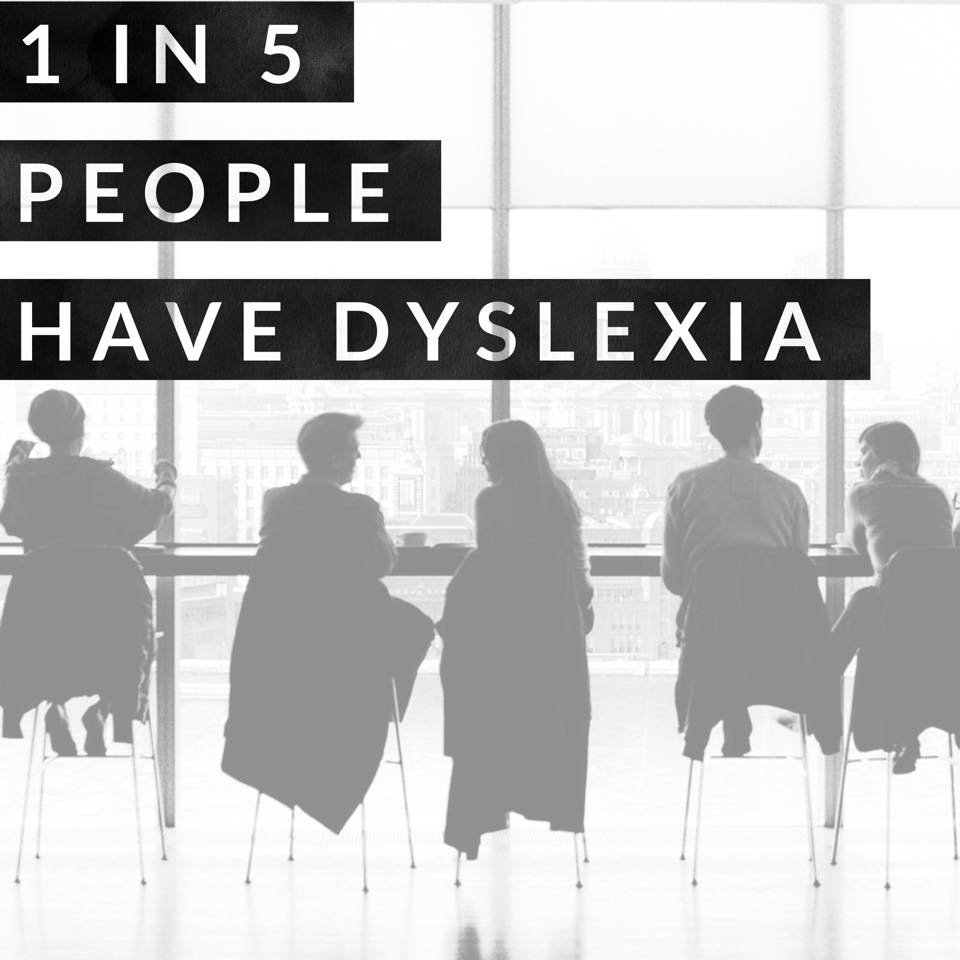
I’m not quite sure if my small, Catholic, New Orleans elementary school previously had paraprofessionals, but my mother somehow convinced the principal that she needed them. That I needed them. And so I and a few other students were given in-school support. At home, my mother would go over the sessions, reviewing and reinforcing them until I felt confident. Outside of school, I also saw a speech-language pathologist for my speech impediment.
I was taught how to learn—how I had to study—which was different than the easy-breezy read-it-once way my older brothers did.
When reading long paragraphs, it helped to have a solid ruler under each line so that the word chunks wouldn’t play switcheroo and bounce up or down a couple of lines, jumbling meaning. Sometimes, it meant my mother had to read a passage out loud to me as I read silently along. Or have her spell out a word slowly since looking words up in the dictionary was an exercise in futility if I couldn’t decode the first syllable.
Early intervention made a difference.
Let me rephrase that: early intervention made a huge difference for both my academic success and my emotional wellbeing.
By the time I entered fourth grade, I had study skills out the wazoo, and was reading way above grade level. For pleasure!!! The librarians at my local branch (Nix Library on Carrollton Avenue) knew me and would offer suggestions. I adored Beverly Cleary, Judy Blume, James Herriot, and Agatha Christie. I learned to be comfortable while reading, accepting that sometimes (lots of the time) I’d have to reread a passage until it would settle down on the page.
And yes, spending two to three hours a week memorizing how to spell 20 vocabulary words might seem excessive, but remember this was the late 70s/early 80s, and there were only three major TV channels. Throw in a perfectionist streak and a desire to one-up my brothers, and well, that’s how this dyslexic finally won the spelling award in 8th grade.
Even now, decades later, letters/letter chunks still swim around on the page, especially if I’m tired. Ending of words go missing all the time. Is there a “d” at the end of “you’re welcomed?” I’ve looked it up dozens of times and still can’t recall.
While early intervention with learning strategies made the difference in being able to do schoolwork well, my mother’s unwavering support and belief in my ability to succeed meant I never blamed myself for being dyslexic. It simply was. Like my brother needing glasses. No big deal. School was more work for me than for others, but I had the tools.
ADVERTISEMENT
ADVERTISEMENT
I graduated near the top of my class at my college-prep high school. Was a lead in my high school play senior year. Was editor of my university newspaper. Been published in academic journals. Taught at the university level in Europe and Asia. Traveled throughout North America, Asia, and Europe. Wrote a middle grade mystery. (A special shout-out to all the copy editors and proofreaders of the world!)
I will always be dyslexic. There is no cure. However, I have strategies formed over a lifetime to work through difficulties and the self-confidence to use them.
If you have a young person in your life who has dyslexia and you want to help, here’s some things that were useful to me:
Accept the child as is. Be patient. Be kind. Ask questions and listen.
Ask how they would like feedback. Do they want hints about what’s wrong or do they need it clearly pointed out? Adjust as they child changes.
Don’t mistake discouragement for laziness. Don’t tell them they need to focus better. It’s tiring to always be the one who has to work harder for every small success. Would you tell a kid who needs glasses to squint harder to see the white board?
Acknowledge the child’s hard work. Actively tell the child you see the effort.
Advocate for the child. Ask for testing if you think there’s an issue. Ask for services if needed. Politely but persistently. Encourage and gently reinforce learning strategies at home.
Find out what the child enjoys, support them, and let them dig into that subject.
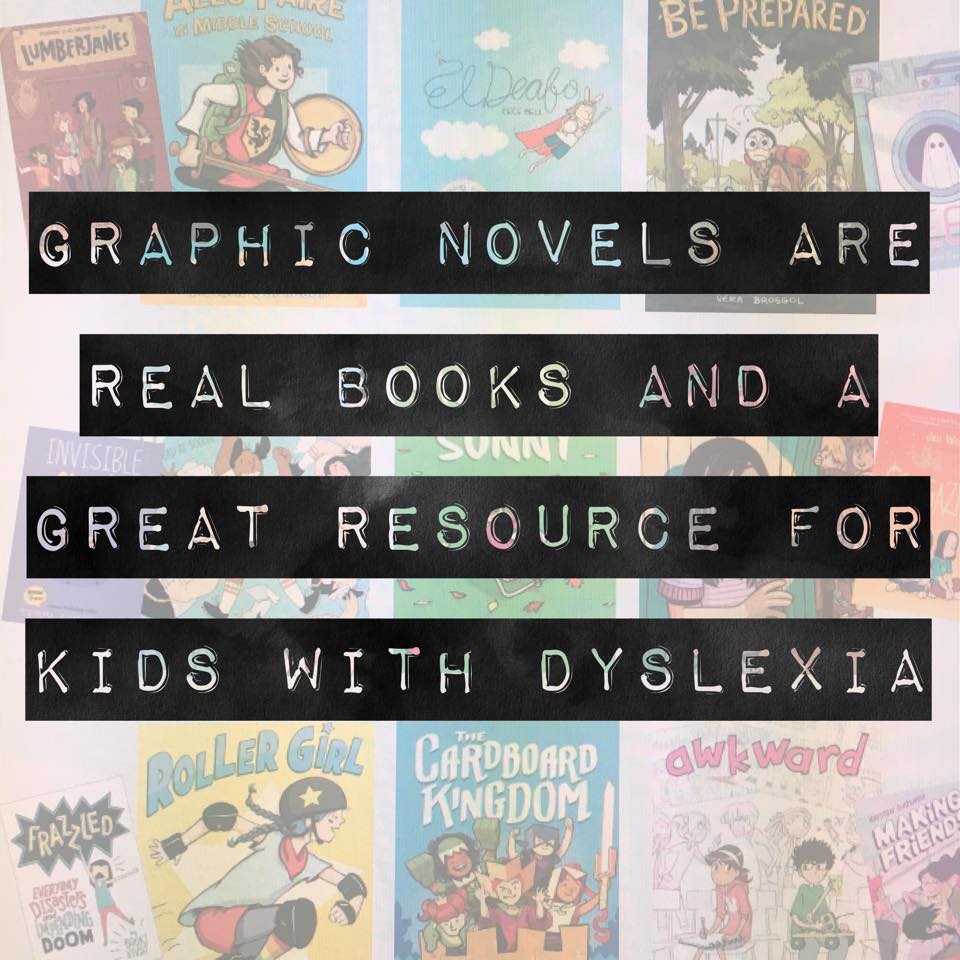
Audio books count as reading. Graphic novels count as reading. Re-reading books count as reading.
If the child is a word nerd like me, explain that English orthography is weird. Do you remember this from school: “i before e except after c or when sounded as ‘a’ as in neighbor and weigh”? Weird (see what I did there?), it’s like there’s a glacier (again!) of words that don’t follow that rule. With a little bit of time, I could probably think of at least eight (I’ll stop now) more examples.
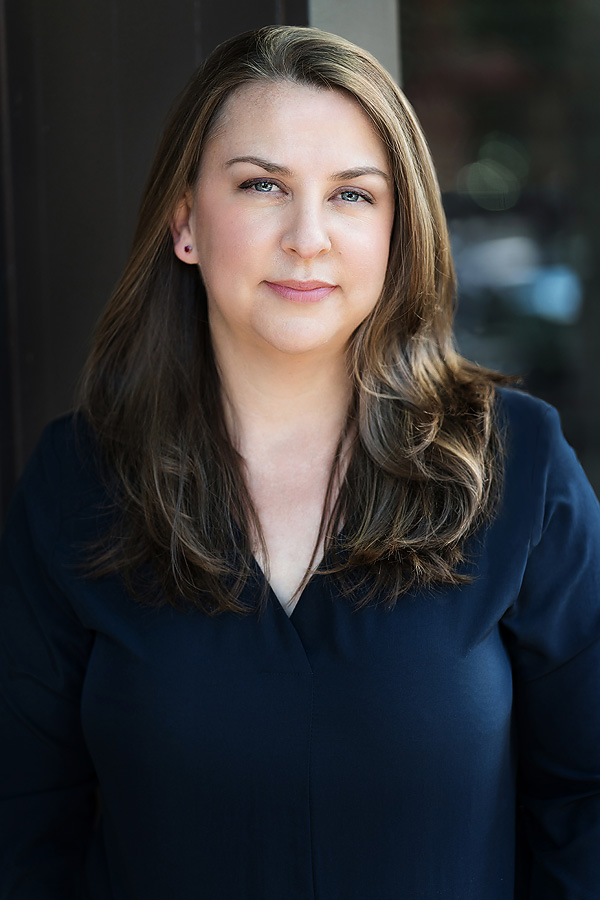
Meet Our Guest Blogger
Amanda Hosch loves writing, travel, and coffee. She lived abroad for almost a decade, teaching English as a Foreign Language. A fifth generation New Orleanian, Amanda now lives in Seattle with her husband, their daughters, two rescue cats, and a ghost cat. Her first novel, MABEL OPAL PEAR AND THE RULES FOR SPYING, a middle grade mystery, was published by Capstone Young Readers in 2017. A cat on her lap and a book in her hand is her ideal way to pass an afternoon.
Filed under: Dyslexia
About Karen Jensen, MLS
Karen Jensen has been a Teen Services Librarian for almost 30 years. She created TLT in 2011 and is the co-editor of The Whole Library Handbook: Teen Services with Heather Booth (ALA Editions, 2014).
ADVERTISEMENT
ADVERTISEMENT
SLJ Blog Network
2024 Books from Pura Belpré Winners
Passover Postings! Chris Baron, Joshua S. Levy, and Naomi Milliner Discuss On All Other Nights
Winnie-The-Pooh | Review
Parsing Religion in Public Schools
ADVERTISEMENT




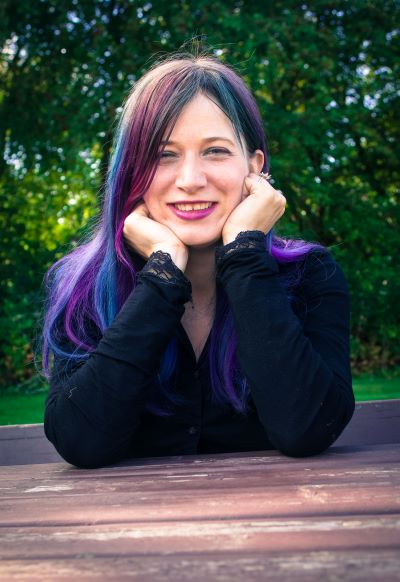
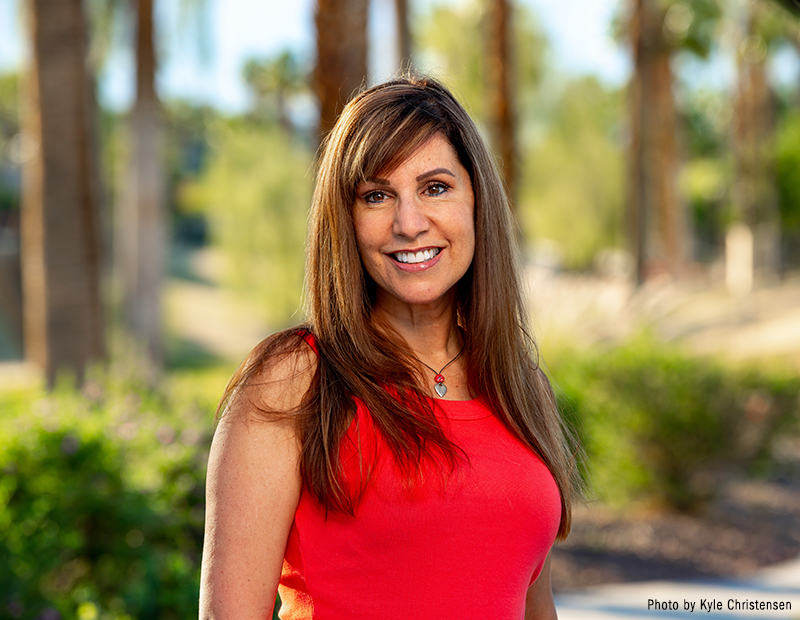
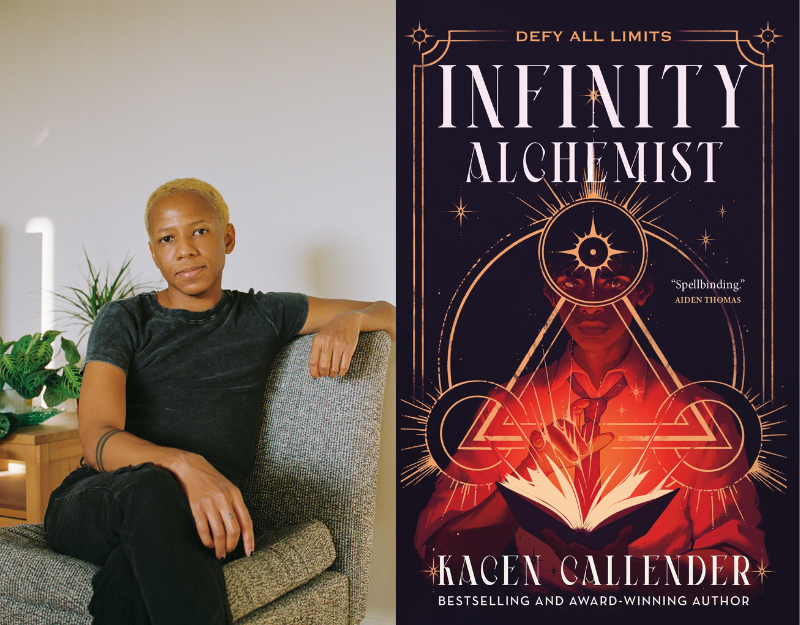
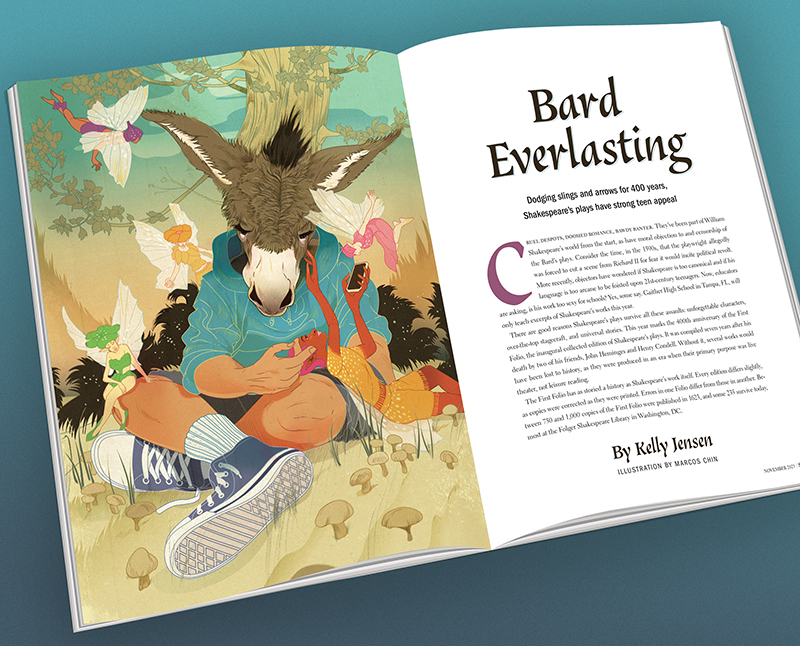
Very informative!! Thank you for sharing your story!
I have not been diagnosed as dyslexic, but parts of your story resonated with me personally. I have always struggled with left-right and directions, much to the entertainment and frustration of my family. Even having my wedding band on my left hard doesn’t help me tell the difference.
I have also read with a ruler or bookmark under each line or a pencil or stylus pointing to each word to help me concentrate on just one line or word at a time, because I can lose my place very easily when faced with long paragraphs. I read out loud to myself when I’m alone to keep focused on the text.
Thank you for sharing your story and showing that dyslexia can affect more than just recognizing letters and spelling.